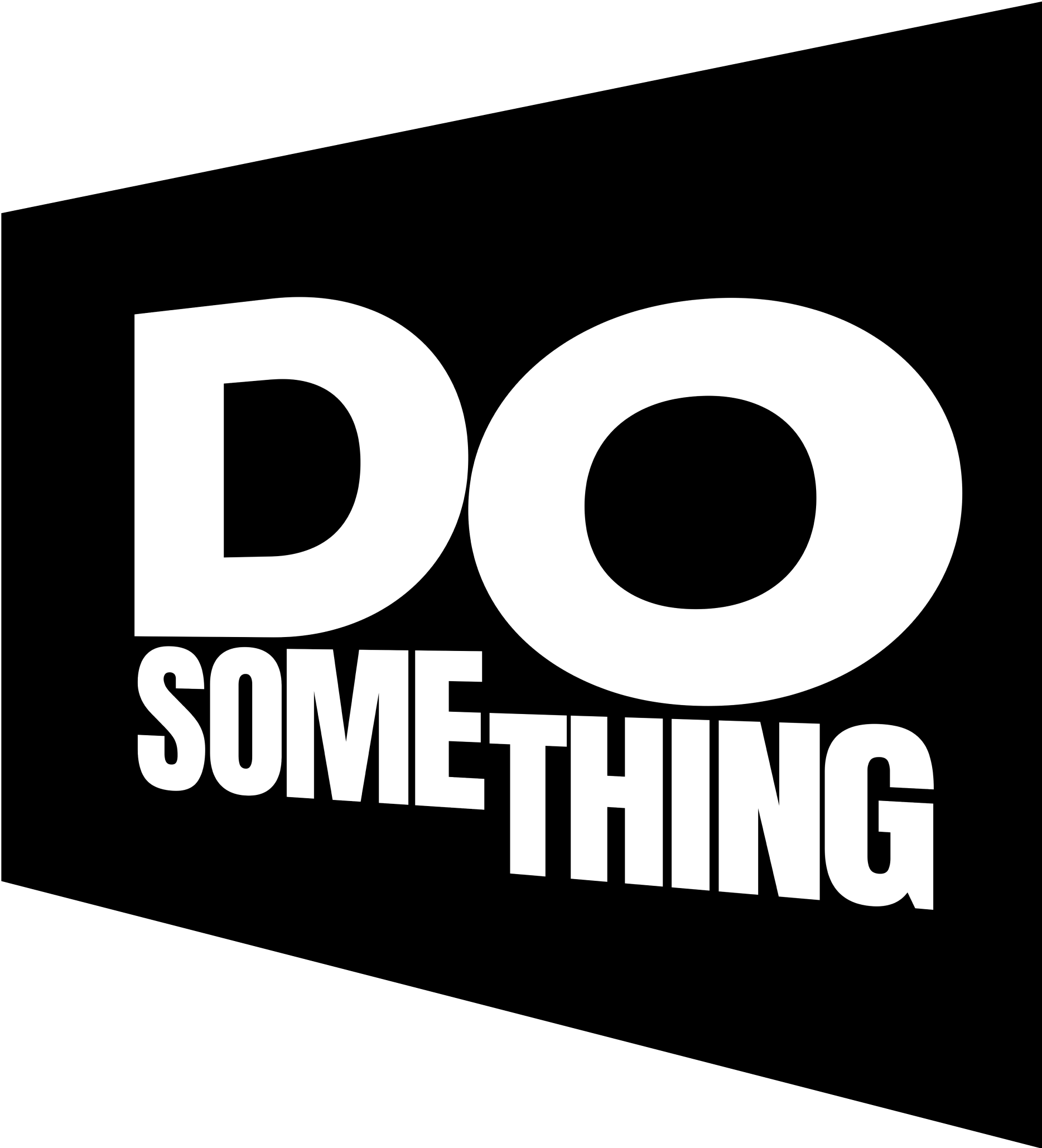DoSomething Banned Books List: Women's History
Eight banned books by women and non-binary authors for you to add to your reading list today

Banning books is nothing new. It’s been around for literal centuries, a hot topic issue of what people should–and should not–read. Over the past few years, we’ve seen a continuous uptick in the effort to ban books, especially books by LGBTQIA+ and authors of color, whose stories touch on life and perspectives beyond that of white, straight, middle-class individuals.
When books are banned or challenged in schools and communities (challenged books are those that people want to be removed but have yet to receive the official ban), students receive a sanitized version of history–and one that is not reflective of today's society.
In celebration of Women’s History (all year) and Transgender Day of Visibility, we’ve compiled a list of some of our “must-read, cannot miss” banned or challenged books by cisgender women, transgender women and non-binary authors. Find one that piques your interest and check it out. Then be sure to share your reflections with us through our Uncensored program (you’ll even enter to earn a $1,000 scholarship)!
One of the most banned books of the year, Alex Gino's groundbreaking middle school-grade book follows a young trans girl as she discovers her true identity. This sweet and hopeful book celebrates the ordinary joys of childhood, but also showcases how isolated trans people can feel. We love this book because it’s filled with a simple message: take time to listen, to understand, be supportive, and be kind to one another.
Gender Queer (2019) by Maia Kobabe
We <3 a memoir! What began as an autobiographical comic, a way for Maia (e/em/eir) to explain to eir family what it means to be nonbinary and asexual, Gender Queer has turned into an intimate and touching guide for teenagers on a new way to think about gender–and how you can be an advocate, friend, and human to everyone, everywhere.
Hood Feminism: Notes from the Women That a Movement Forgot (2020) by Mikki Kendall
This book is major! While we elevated this book during Black History Month, we felt it was important to re-elevate it for Women’s History Month given the way it dissects and expands on modern feminism. Mikki Kendall looks at the feminist movement, which she argues is focused on helping those with privilege gain even more. Kendall writes that the movement is neglecting issues like food insecurity, quality education and public safety, all of which are feminist issues that primarily impact women of color.
The House on Mango Street (1984) by Sandra Cisneros
The House on Mango Street is a MUST add to your banned books list. Not only is it acclaimed by critics and beloved by many, but it’s taught everywhere from grade schools to universities and translated all over the world! The House on Mango Street by Sandra Cisneros is a lyrical novel that captures the story of Esperanza Cordero, a 12-year-old Latina girl in Chicago and her struggles and dreams. The book has been banned in some school districts for being “inappropriate” and for “profanity, obscenity, or sexual material.” The book is a great example of the experience of many Hispanic girls, the rich culture and the struggles they face in urban settings.
The Bluest Eye (1970) by Toni Morrison
Another author we highlighted for Black History Month, Toni Morrison’s first novel, The Bluest Eye, has been banned and challenged because it depicts child sexual abuse and was considered sexually explicit as well as "containing controversial issues.” The book tells the story of Pecola Breedlove, an 11-year-old Black girl who is convinced that she is "ugly" and wants lighter skin and blue eyes. This book takes a deep dive into the harshest parts of our society, including amazing writing and storytelling that explores themes of self-perception, self-love, and trauma that is reflective and vital even today.
The Awakening (1899) by Kate Chopin
Chopin’s short novel, published in 1899, is the story of Edna Pontellier, who searches for meaning outside the cultural roles of wife and mother, fulfillment of her sexuality, and desire for independence. It was banned for decades afterward, many critics — and the public — actually calling the story “poison”.
Beyond Magenta (2014) by Susan Kuklin
A groundbreaking work of LGBT literature takes an honest look at the life, love, and struggles of transgender teens. Susan Kuklin interviewed six trans and nonbinary young adults to document and share their individual experiences of gender. Each interview shows the wide breadth of the trans experience. It is banned and challenged for LGBTQIA+ content and because it is considered to be sexually explicit.
The Color Purple (1982) by Alice Walker
The Color Purple was first published in 1982 by Alice Walker. It tells the story of a poor, young, uneducated African-American girl named Celie who lives in rural Georgia in the early 1900s. The Color Purple has been challenged multiple times since it was published, including most recently in 2017. There have been different reasons for the book being banned, including religious objections, homosexuality, violence, African history, rape, incest, drug abuse, explicit language, and sexual scenes. Despite this, The Color Purple has won the Pulitzer Prize and the National Book Award.
GET INVOLVED
Make a difference in your community and add your vision to the future of our democracy
